[ad_1]
The Story of Park’s Marriage Contract: Episodes 11-12 (Final)
by DaebakGrits
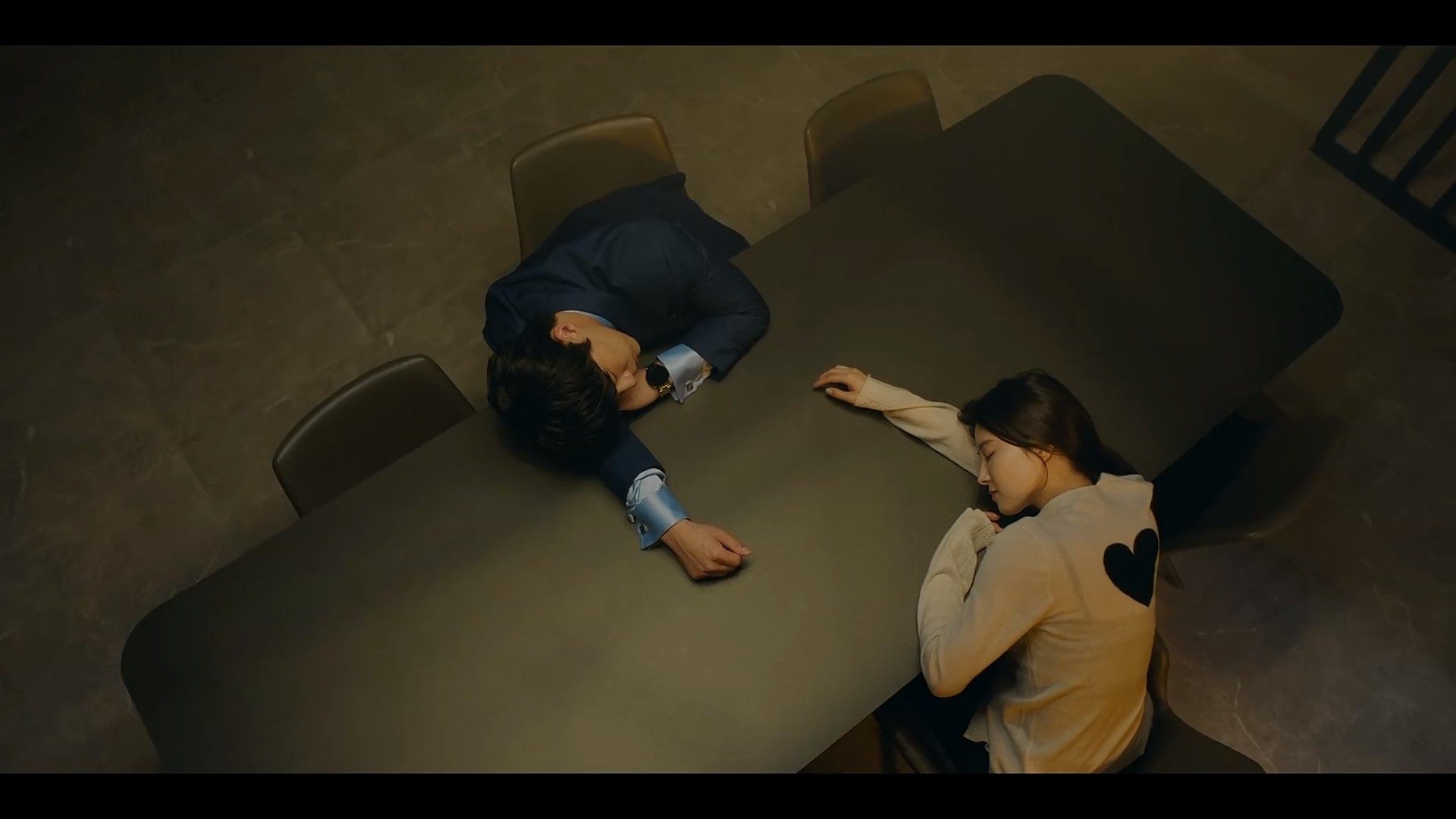
As our time-traveler’s days in 2023 come to an end, she bids a bittersweet farewell to her friends and to the man who’s extremely reluctant to let her go. Surely with a little magic — and a lot of plot holes — our heroine can find a way back to the future and a time where she feels more at home?
EPISODES 11-12
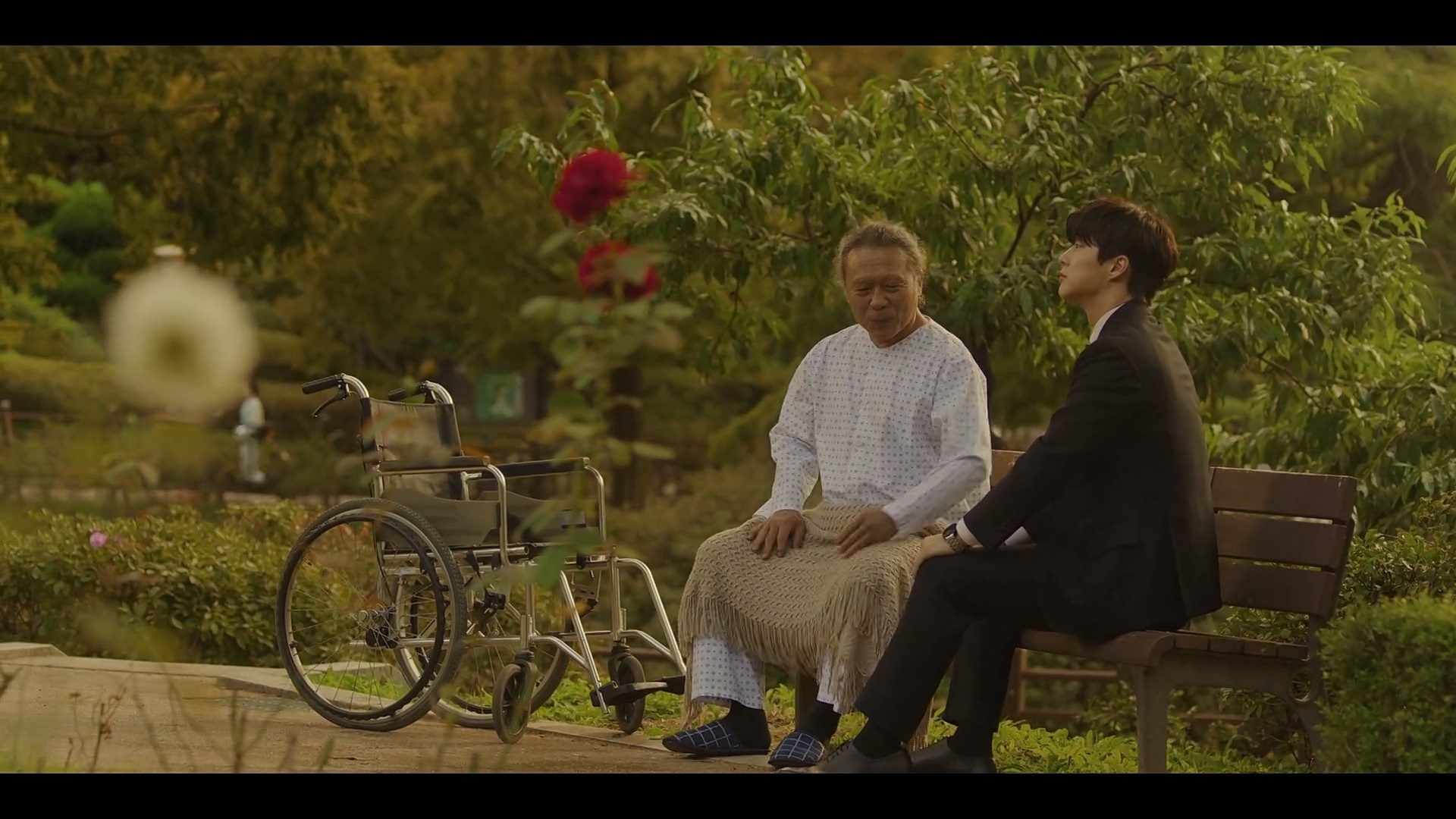
My gut told me this time travel romance would end poorly, and — woo, boy! — this finale had more holes than a sweater knitted for an octopus. But before I get into why I feel like the drama gods did our adorable OTP dirty, let’s speed run through The Fall of the House of Kang — because that’s exactly what the drama did. In fact, Grandpa’s downfall is so simple and rushed it could be one of Hemingway’s six-word novels: Hit on head. Lives in delulu.
You see, during the skirmish between Grandpa, Myung-soo, and Tae-ha, Grandpa sustained a severe head injury trying to protect Tae-ha. Although I’d argue Grandpa deserved to share a jail cell with Myung-soo following his latest kidnapping stunt, Grandpa is cosmically punished to live the remainder of his life in — wait for it — euphoric delusion. Yeah, the knock to the noggin’ scrambled his brains, and now he’s eternally happy with no memory of Tae-ha. If you think that’s a cruddy punishment for the evil mastermind behind most of our OTP’s conflicts, then you aren’t the only one.
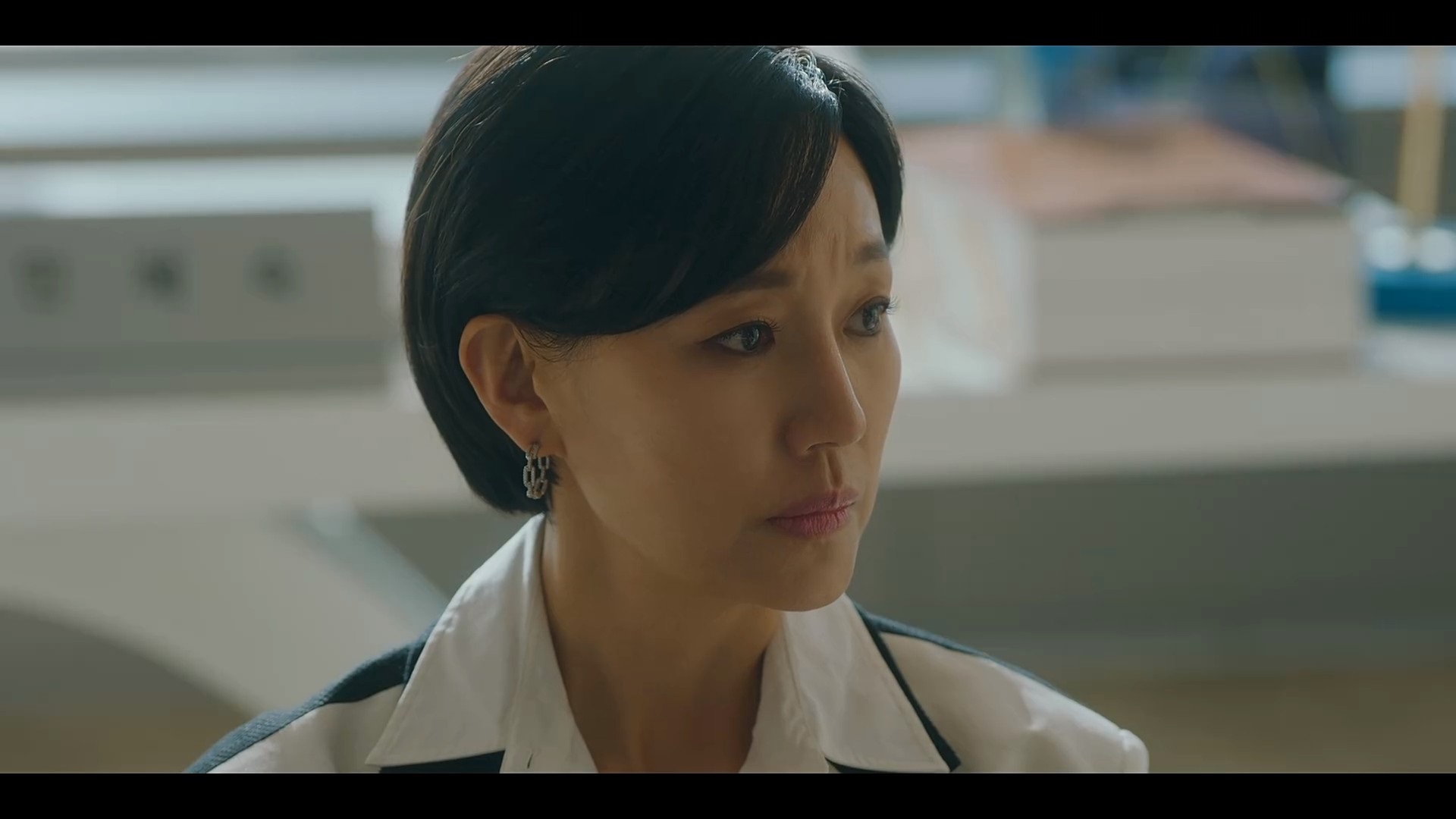
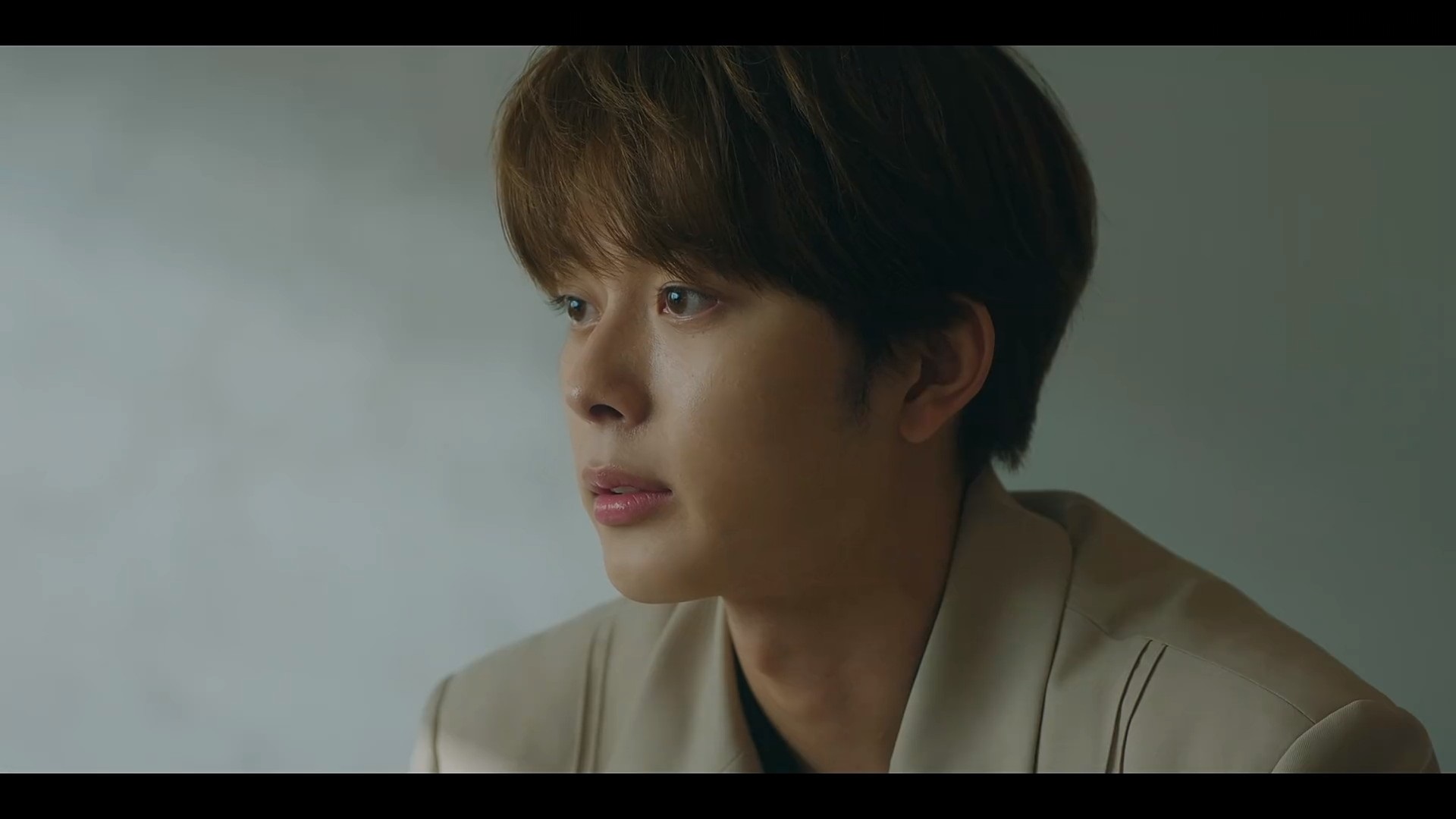
While there are several four-letter expletives I’d like to string together to express my frustration with how the writers chose to close off Grandpa’s story arc, I’m contrarily pleased with how they handled Hye-sook’s self-imposed punishment. From start to finish, she’s always been a gray character — as much a victim as she is a perpetrator — so I appreciate that she relinquished her greed and took the initiative to step down from the company.
Was there a part of me that thought she deserved to be CEO, especially after being Grandpa’s scapegoat for so many years? Absolutely, but I also feel putting some distance between her and the Kang family empire is how she will actually find her happy ending and build a relationship with Tae-min. Not sure they will ever have a proper mother-son relationship, but at least the resentment is gone, and Tae-min can freely love his brother without feeling guilty that his mother will disapprove.
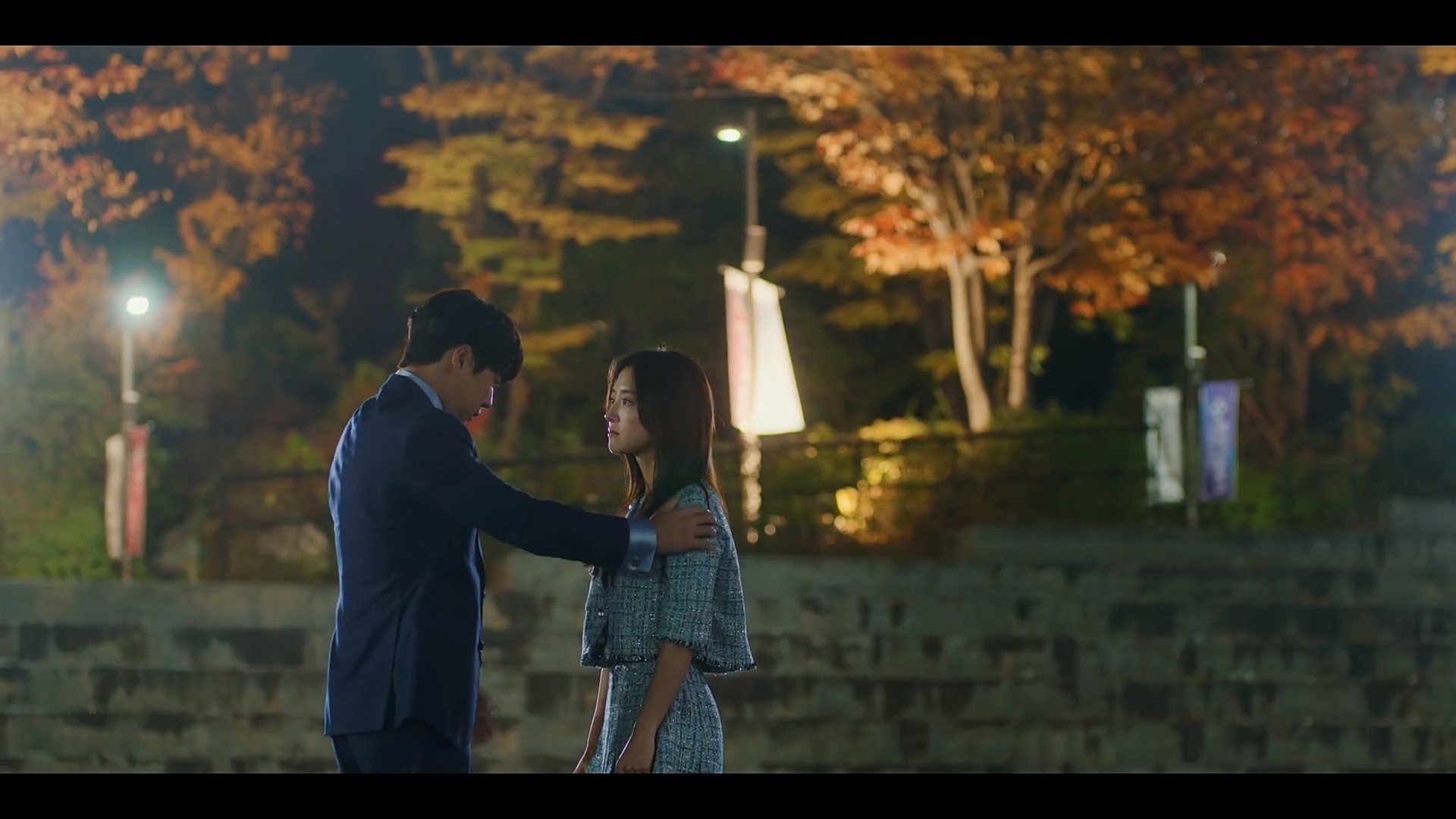
With the door firmly closed on all of our modern day villains, Tae-ha begins focusing on his own happy ending — and if that “ending” is his literal death in a few weeks’ time, he’s fine with that so long as Yeon-woo is by his side. The man is deliriously happy despite the ticking time bomb in his chest, and even though I find his self-sacrifice a bit idiotic given the big picture, I adore watching him be in love.
If there was ever a character that made me feel exactly what he’s feeling, it’s Tae-ha, so when Yeon-woo finally confesses that she will be returning to Joseon, I’m crushed when Tae-ha’s dimples disappear. And the following scene when he visits his doctor hyung and begs, on his knees and in tears, for him to fix his heart? Ugh, the feels!
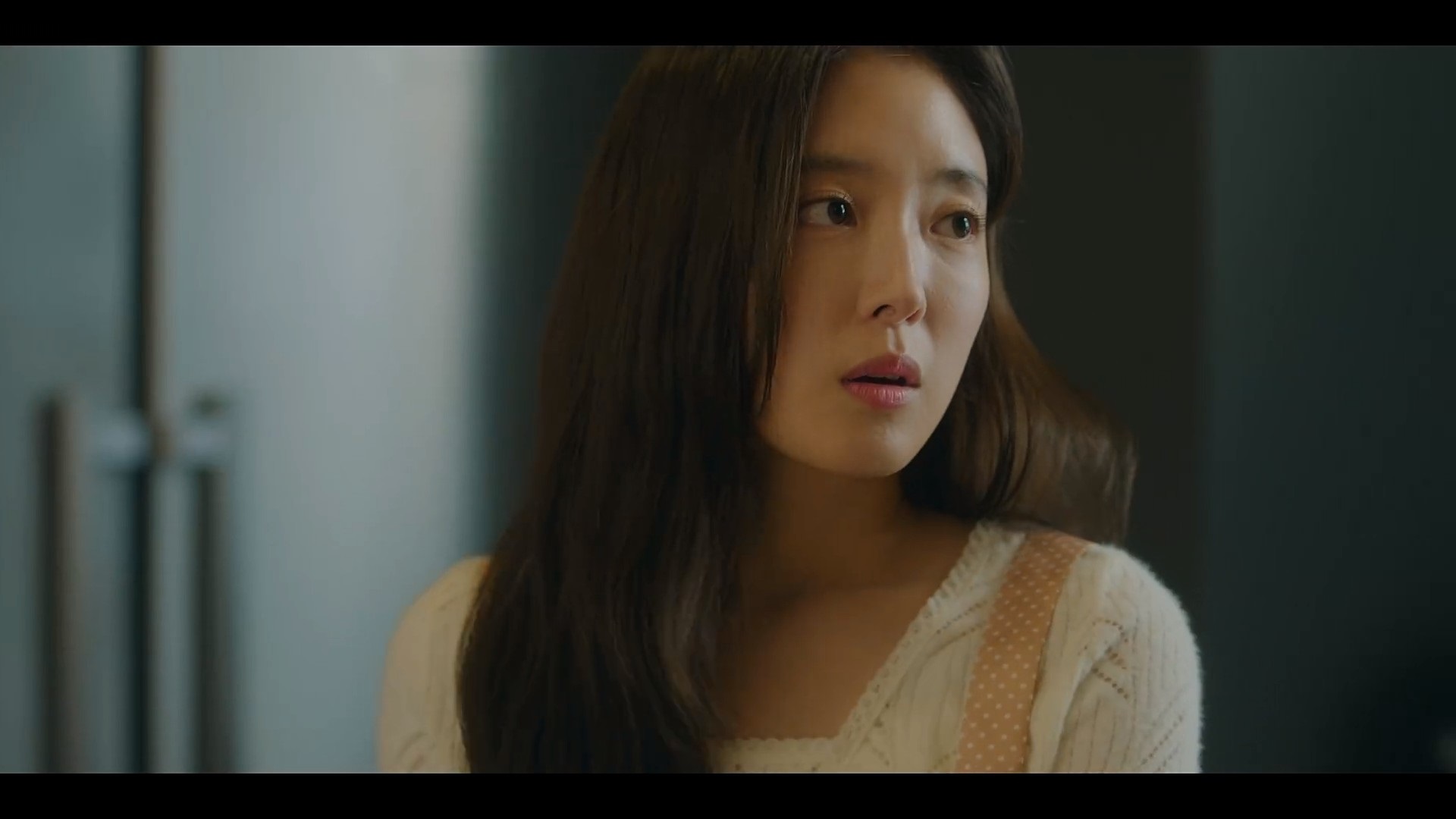
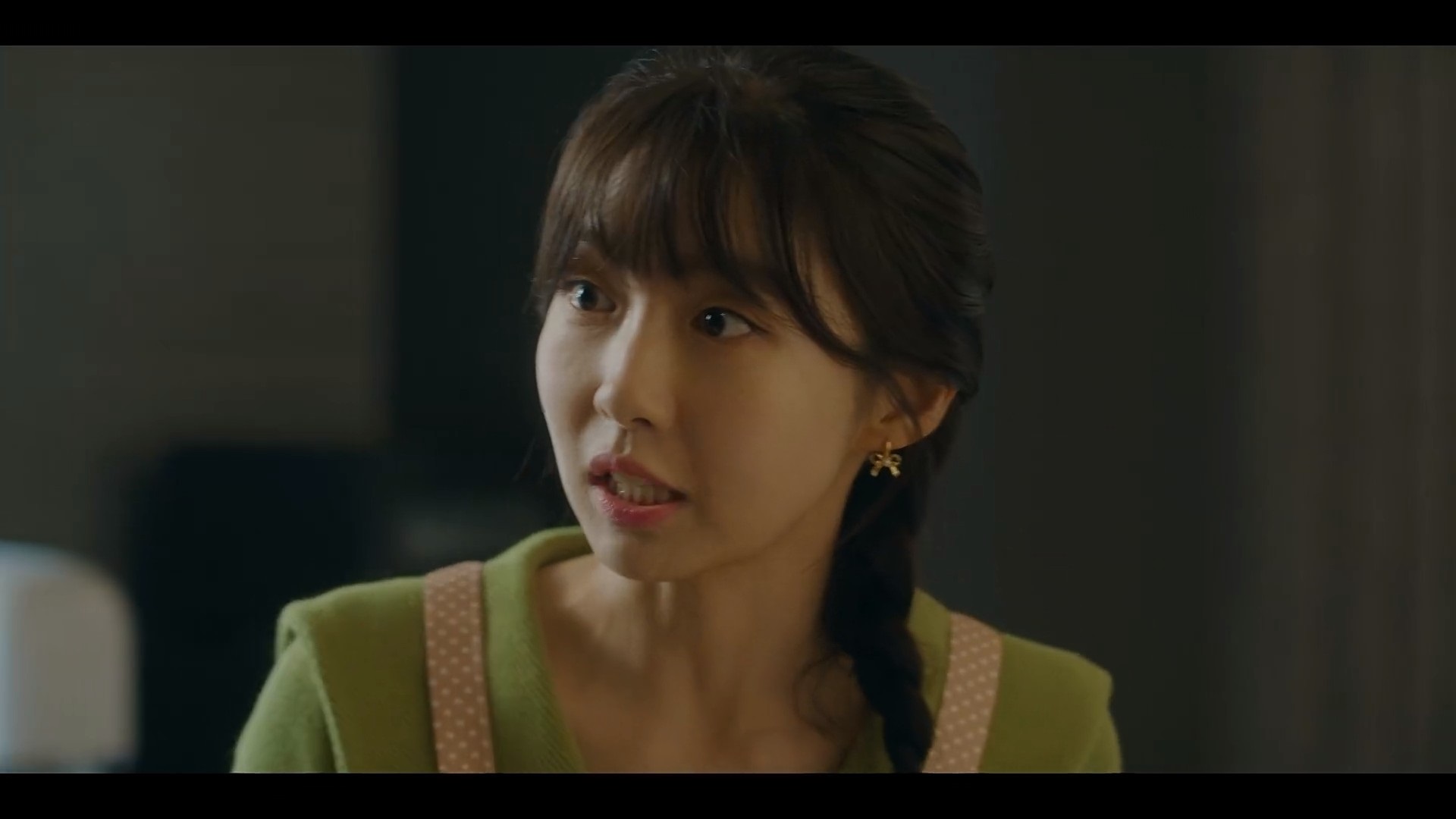
Yeon-woo’s unilateral decision to return to Joseon also distresses the recently engaged Sa Wol. She’s mentally prepared to travel back with Yeon-woo, but the truth is that she doesn’t want to leave Sung-pyo or give up the freedoms of the modern world. Unlike Yeon-woo, who’s compelled to return to her original timeline in order to save her parents and both versions of Tae-ha, Sa Wol has fewer reasons to return to Joseon. Because — lest we forget — she’s a slave.
But is it even possible for Sa Wol to stay behind? Apparently — although it’s unclear how Yeon-woo knows — the answer is: yes. Sa Wol and Yeon-woo can, independent of each other, decide whether they want to stay or return to Joseon — except Yeon-woo doesn’t really have a choice because she’s being blackmailed into returning to the past. Wait a minute… If Yeon-woo’s presence in 2023 is enough of a disturbance in the universe that it causes Tae-ha’s heart to magically and rapidly deteriorate, then shouldn’t Sa Wol’s existence in the future also have negative consequences or — at the very least — be tied to Yeon-woo’s fate? (No? Oh look, a plot hole.)
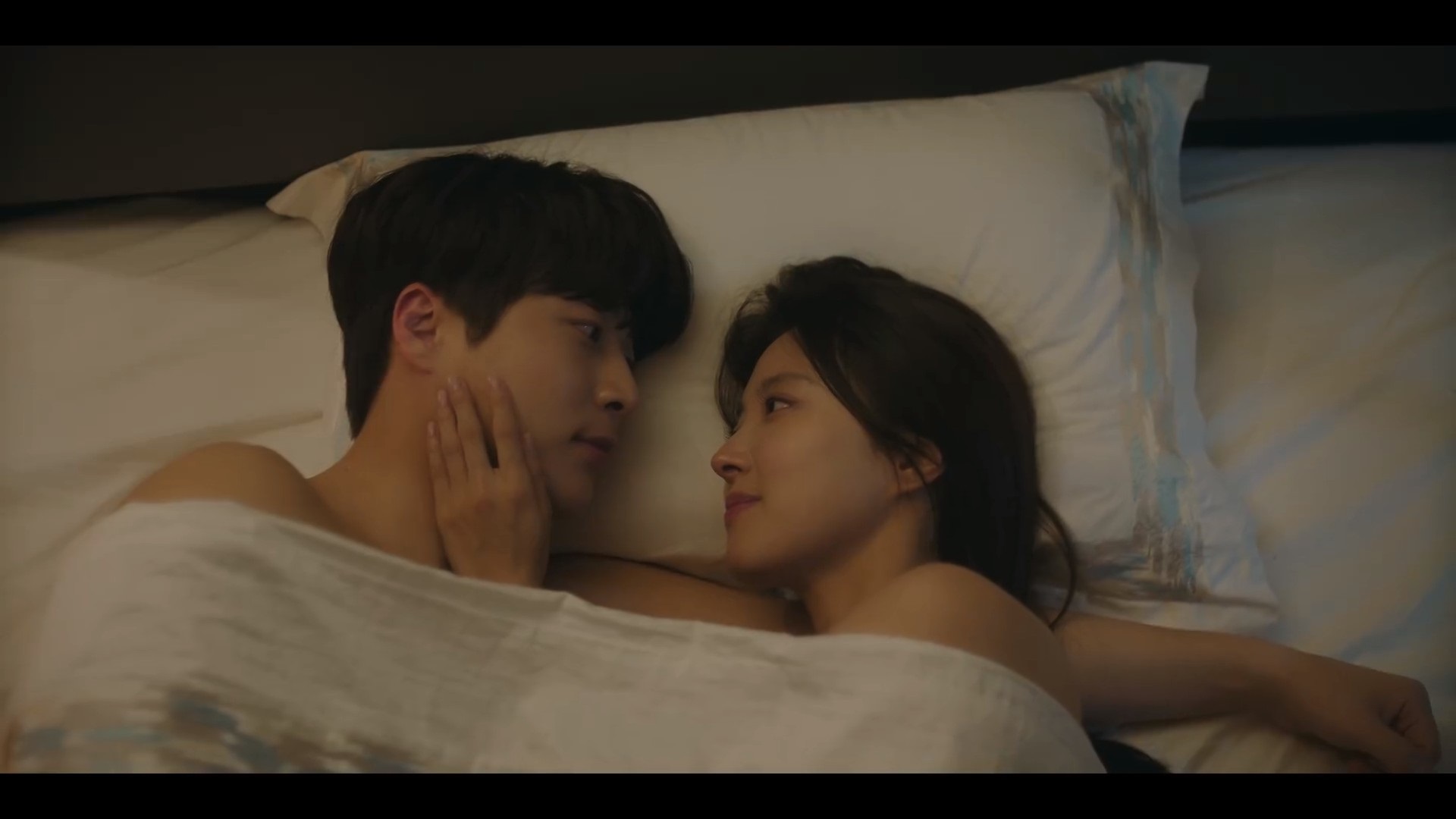
Eventually Tae-ha sets aside his selfishness and acknowledges that his fear of letting Yeon-woo go is less important than her desire to save the people she loves — including him. In sync once again, they begin making the most of their remaining time together, and two weeks pass by in a blur of dating montages until it’s time for Yeon-woo to say goodbye to the people she’ll leave behind in 2023. The parting between Yeon-woo and Sa Wol is especially bittersweet because Sa Wol somehow faked her way through obtaining an identification card, and she chose to adopt Yeon-woo’s last name as her own. Even though they are sisters at heart, Sa Wol choses to call Yeon-woo “her lady” as she brushes Yeon-woo’s hair one last time.
Yeon-woo and Tae-ha spend their final night together in domestic bliss, cooking ramyun, watching television, and brushing their teeth together. Nothing extravagant, but the simplicity of their actions allows them to be completely in the moment with each other. That night, they finally consummate their marriage and fall asleep in each other’s arms.
When Yeon-woo awakens the next morning, she’s back in Joseon. It’s ten days before her wedding. Sa Wol has been (conveniently) erased from everyone’s memory, but Yeon-woo is still wearing the butterfly necklace Tae-ha gave her on one of their final dates.
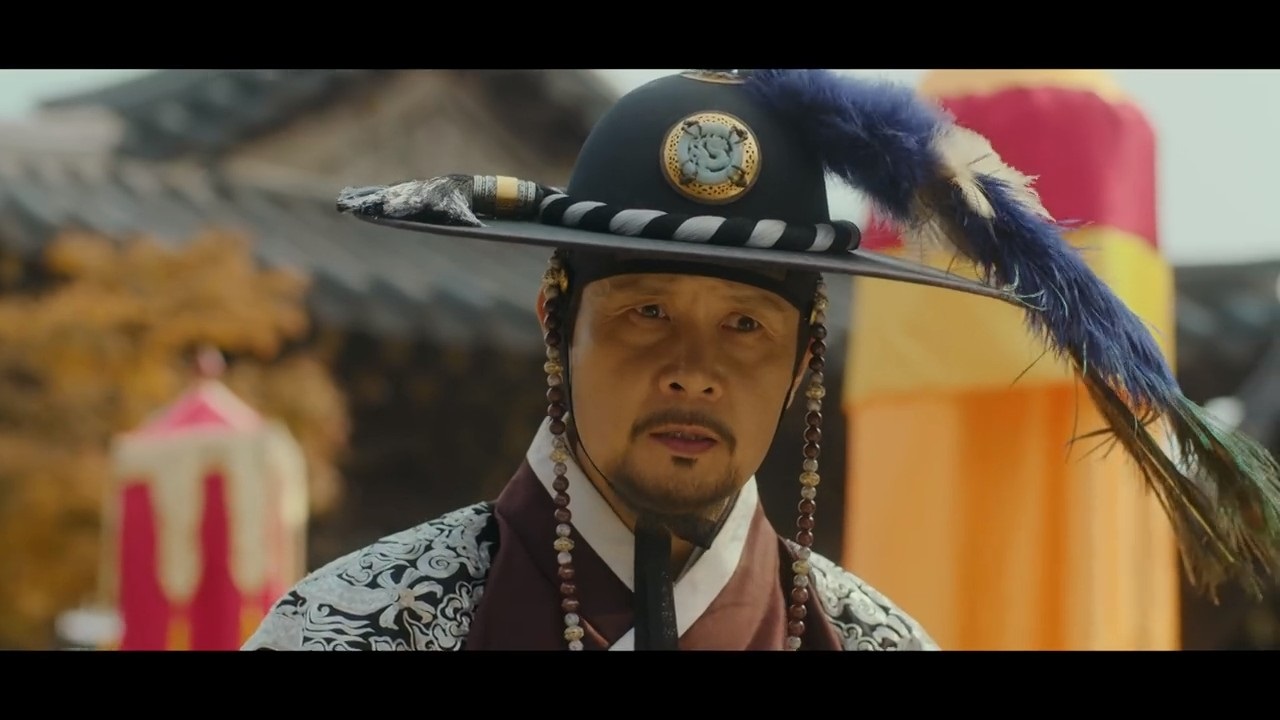
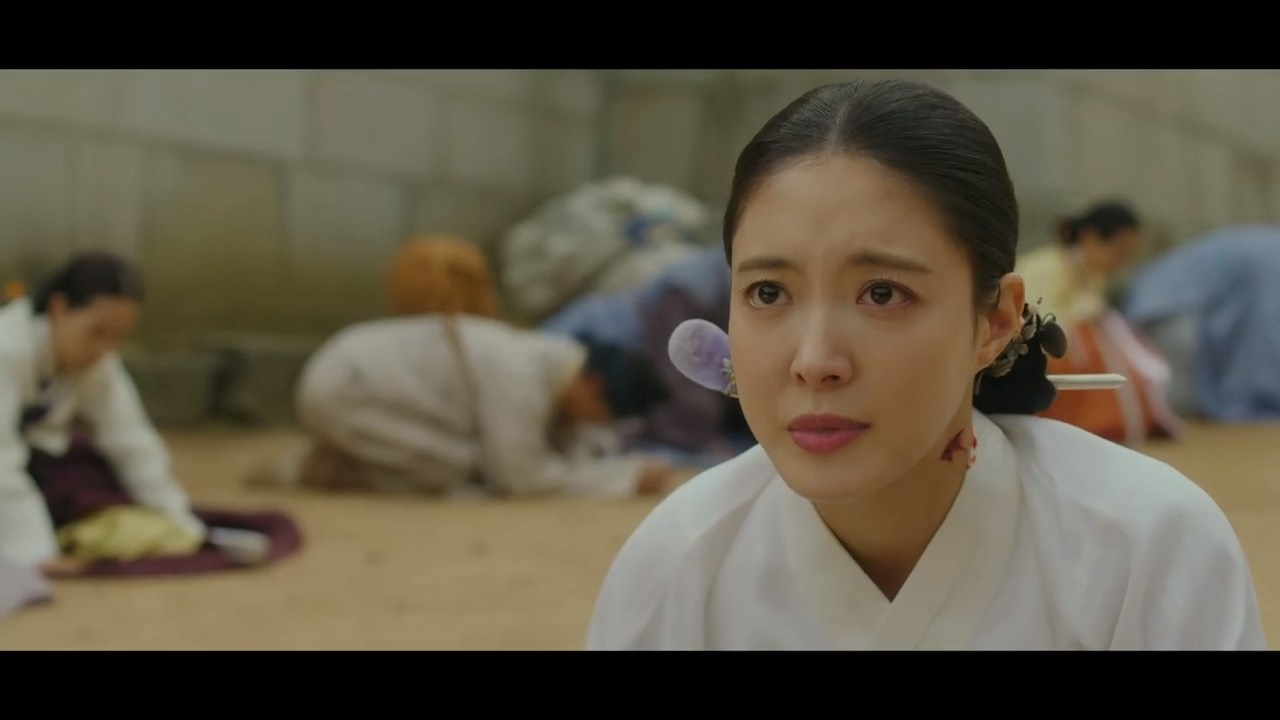
Yeon-woo immediately sets out to undo the wrongs of the past. She warns Tae-ha that the tonic Hye-sook gives him is poisoned, but when Tae-ha (seemingly) dies despite her warning, Yeon-woo ensures her parents and some armed guards arrive the night of her kidnapping to arrest Myung-soo and prevent her death. At Myung-soo and Hye-sook’s trial, a very alive Tae-ha appears — surprise! — and reveals that he faked his death so he could prove Hye-sook plotted to murder him and Yeon-woo. And why would Hye-sook do such a dastardly thing? To reap all the benefits of having a daughter-in-law die a virtuous woman, Yeon-woo answers.
With her attempted murderers punished, Yeon-woo makes it her mission to ensure no other woman is unjustly killed for the sake of a virtuous woman title. She appeals directly to the king, asking him to abolish the virtuous woman award, and as she bows before him — with a crowd of women pleading behind her — it becomes clear that this was the real reason she needed to return to the past. Too bad this rather poignant moment felt like an afterthought.
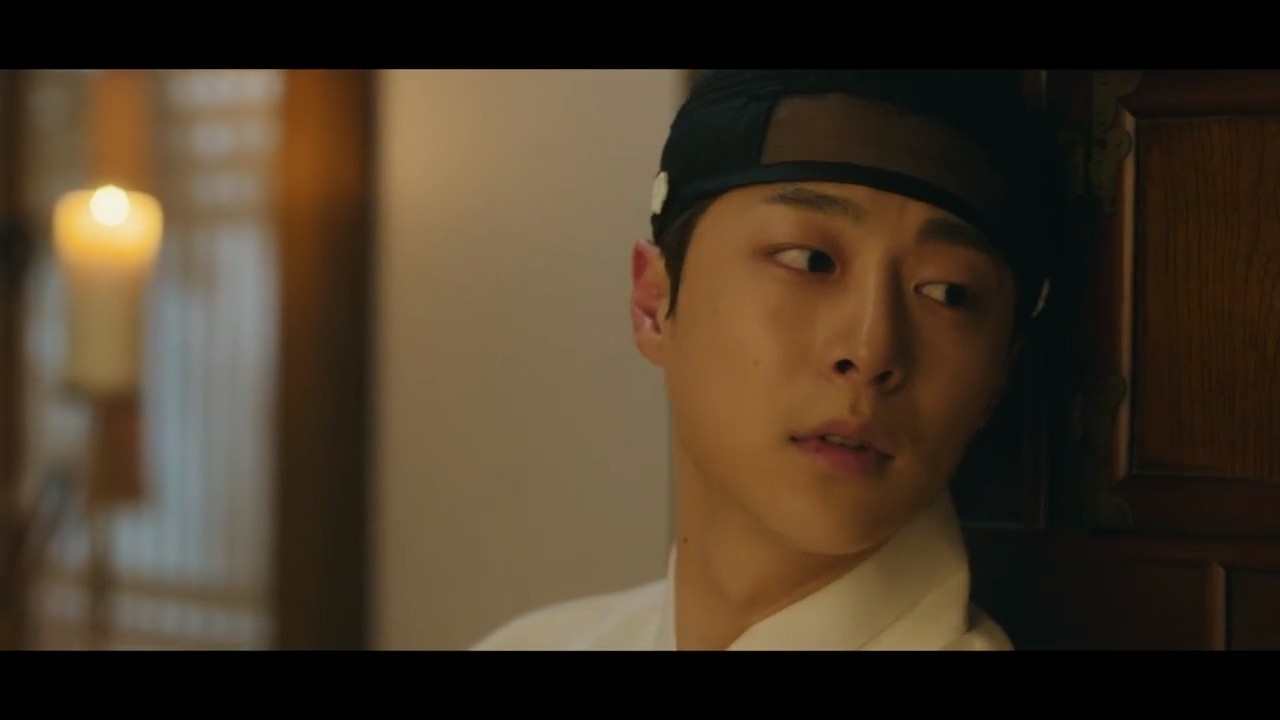
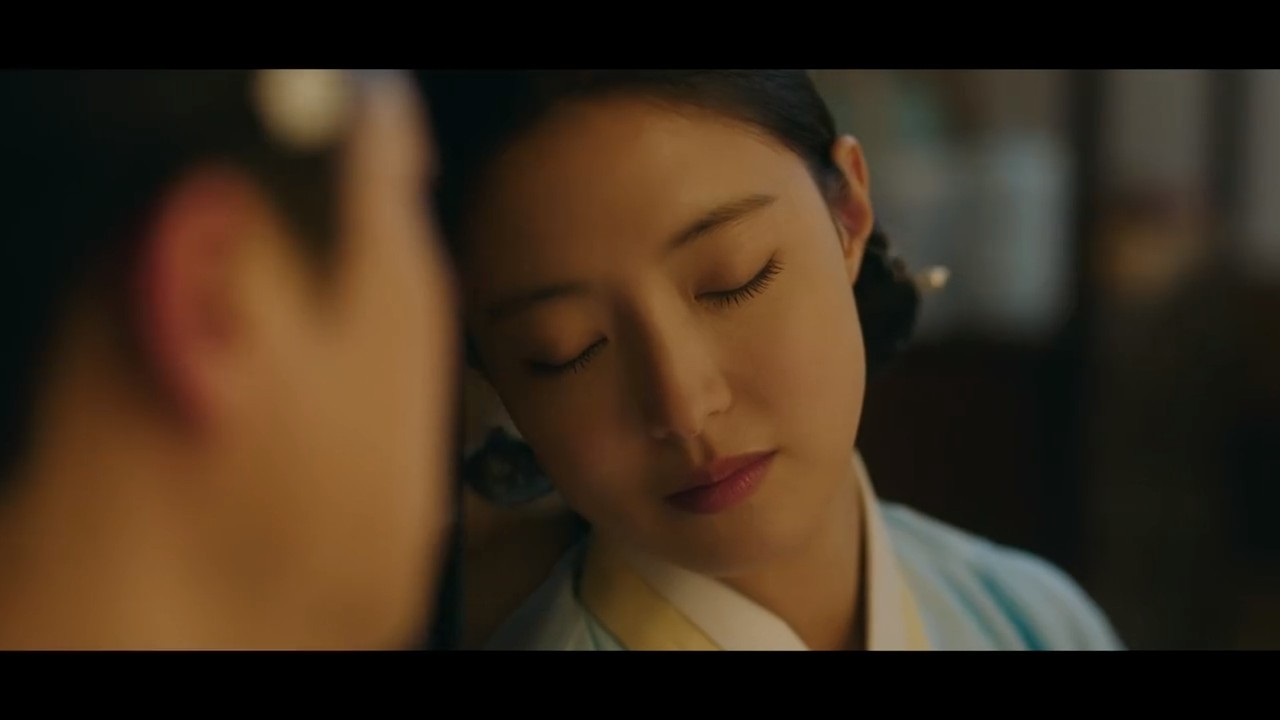
Speaking of romance, this is the part where Yeon-woo lives happily ever after with Joseon Tae-ha, right? Wrong. Lest we forget, both Yeon-woo and Tae-ha have insisted that past and future Tae-ha are separate individuals. Under different circumstances, I would be fine with this logic, but this particular story established expectations that directly oppose the characters’ feelings on the matter.
Instead of showing how different life experiences molded Tae-ha’s modern reincarnation into an entirely different personality, the drama repeatedly highlighted the growing similarities between past and present Tae-ha. Those shared traits, which became more profound the longer Tae-ha was around Yeon-woo, were a large factor in why Yeon-woo initially fell in love with him. She couldn’t love the modern Tae-ha without first knowing and loving Joseon Tae-ha.
So when Yeon-woo traveled back to Joseon, I fully expected her to experience an adjustment period while she learned to accept that both men were two sides of the same coin. Is that what happened, though? Nope, she straight up friendzoned Joseon Tae-ha, and he remained (platonically) by her side until he died naturally from his heart condition. Tae-ha was his own second male lead — what an unnecessarily cruel fate.
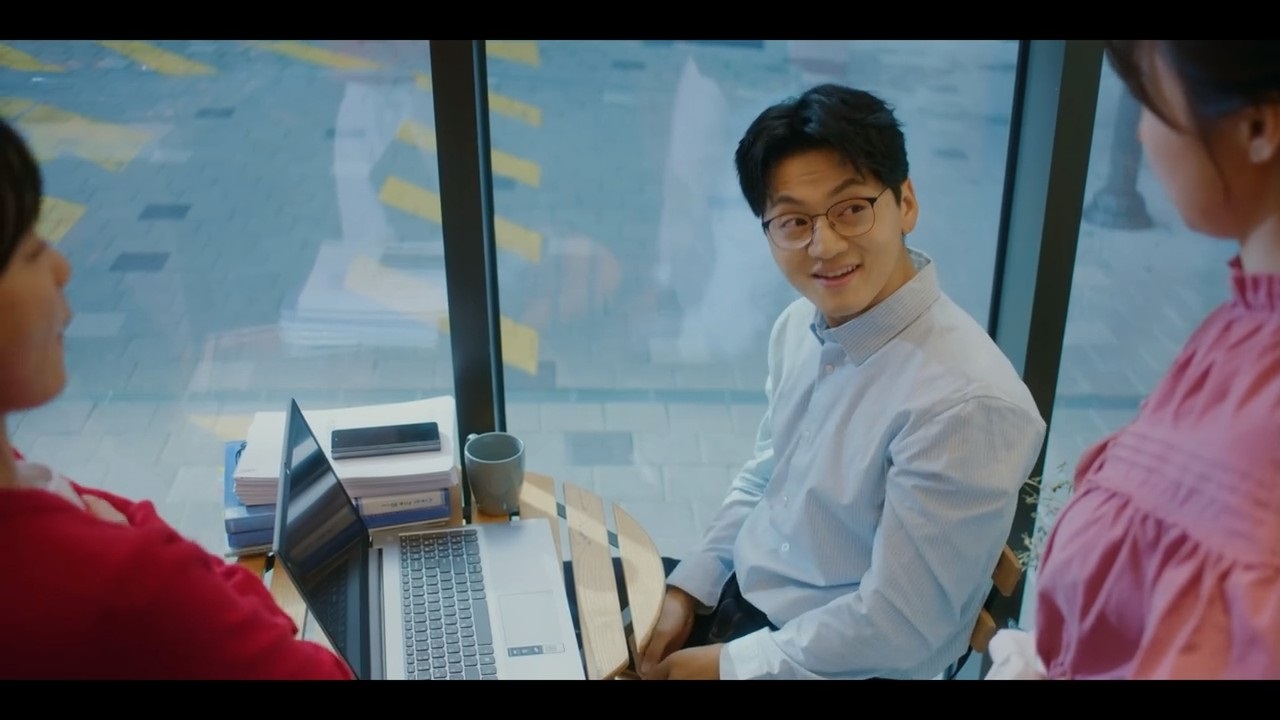
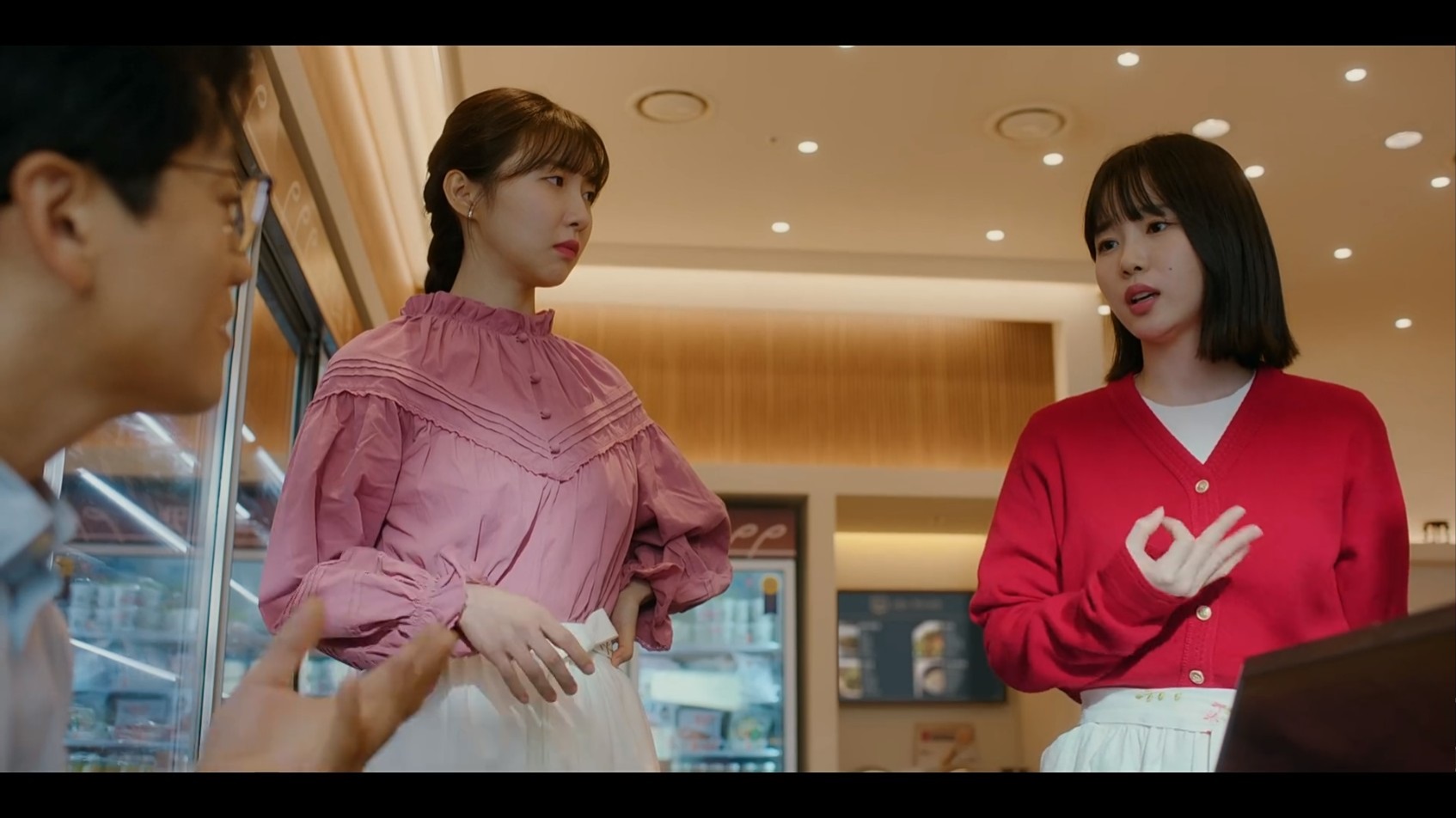
After Tae-ha passes away, Yeon-woo lives morosely until Myung-soo escapes prison and kidnaps her (because revenge). She is able to free herself from her constraints, but as she flees Myung-soo she becomes cornered on the edge of a cliff. She looks down at the water below, and she somehow knows that the way back to Tae-ha is by jumping off the cliff. (Cue: dramatic, slow motion backwards dive into the darkness).
Meanwhile, back in 2023, Tae-ha’s heart has magically healed (*jazz hands*), and he’s relinquished control of the family business to an outsider — a man who just so happens to be the reincarnation of Yeon-woo’s father. Sung-pyo and Sa Wol get married, and for their wedding present, Tae-ha gives them a whole building so they can open their own business. Skip ahead a year, and Sa Wol is expertly and efficiently managing a restaurant, where Sung-pyo occupies one of the tables and composes a romance novel based on Yeon-woo and Tae-ha’s story.
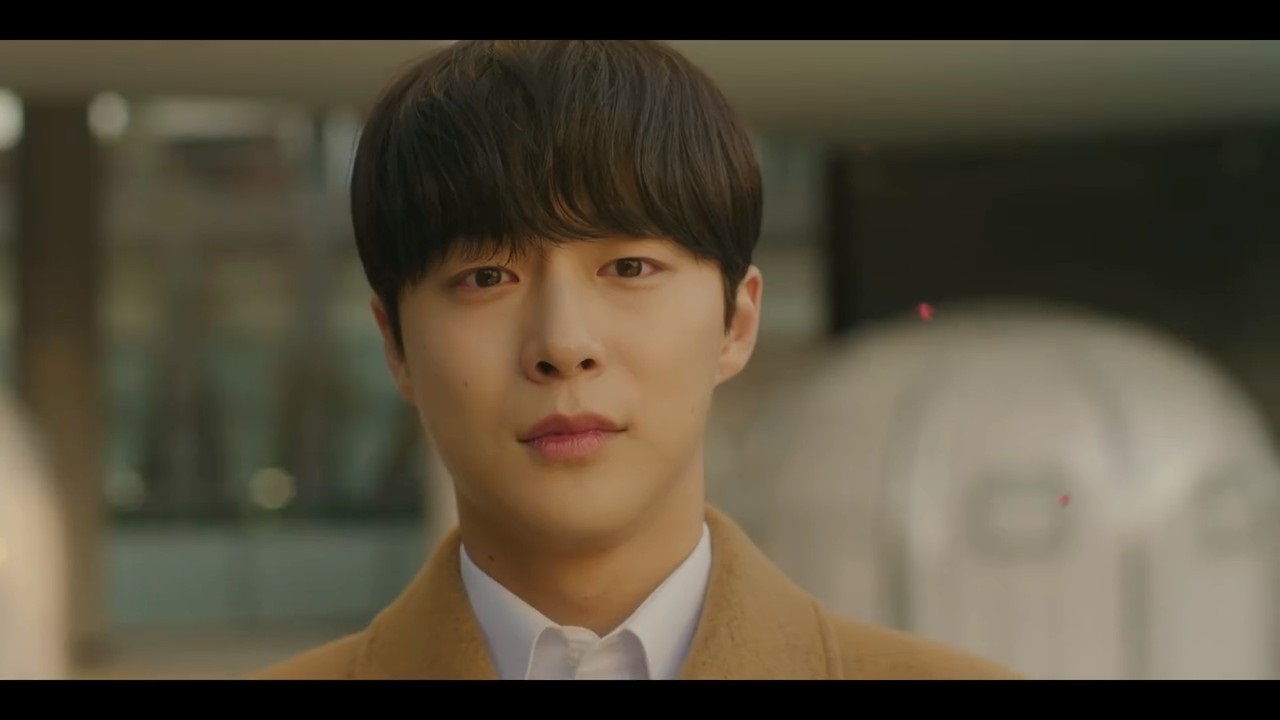
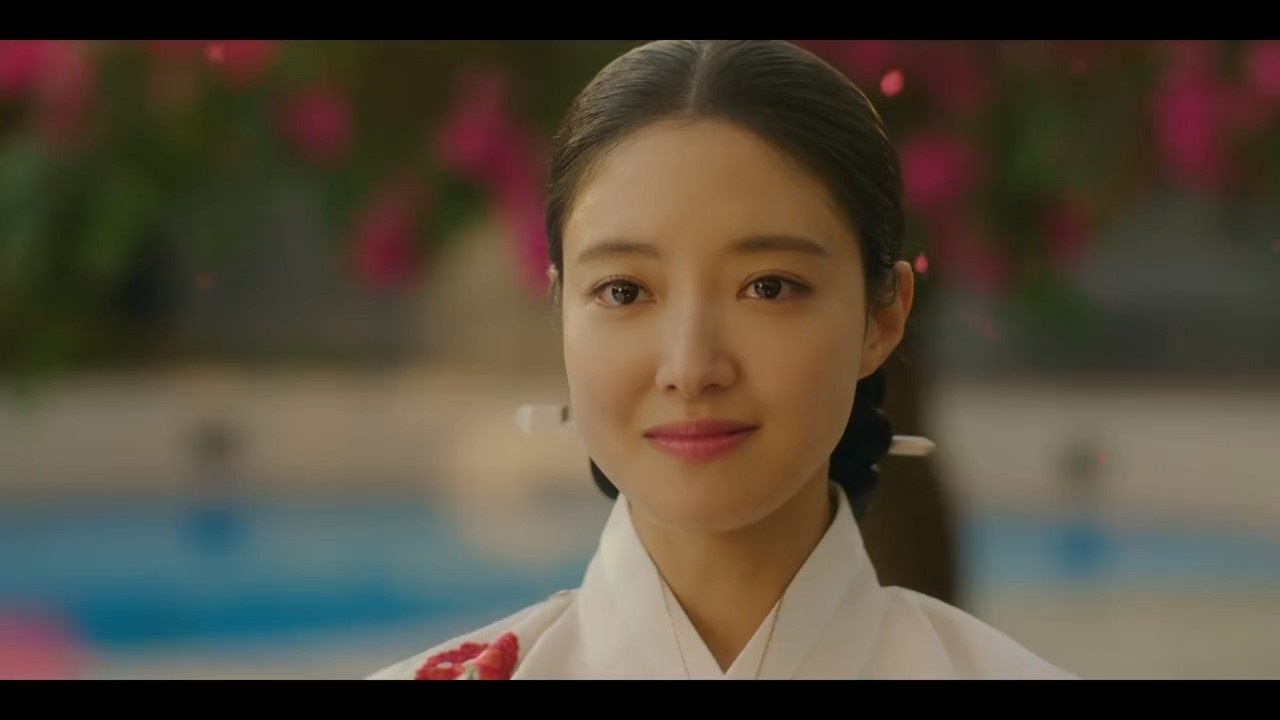
Sung-pyo struggles to find a way to reunite the characters, and when his sister and Sa Wol chime in on whether his novel should have a happy ending, I can’t help but imagine that a similar conversation went down in the writer’s room for The Story of Park’s Marriage Contract. Except, at some point during the debate over a happy or sad ending, someone chimed in, “Porque no los dos?” and that’s why poor Joseon Tae-ha was denied romance before he died. He had to have a sad ending so that his modern counterpart could be reunited with Yeon-woo.
And, sure enough, after many, many days of waiting by the crepe myrtle tree (which he now owns because he bought the whole hotel), Yeon-woo appears before Tae-ha and tells him that his prayers changed her fate and brought her to him. Reunited, they get married for real and presumably live happily ever after.
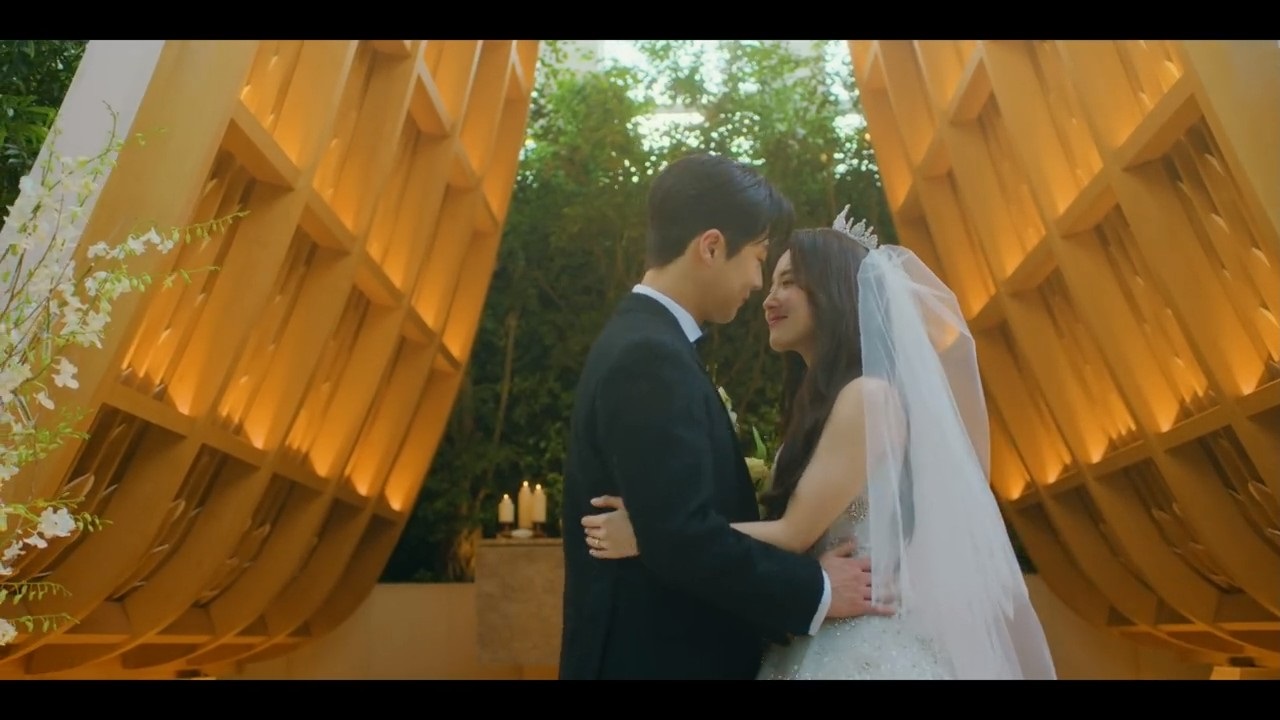
So how do I feel about this dual sad-happy ending? Well, in case it wasn’t already apparent: I’m not a fan. The reality did not live up to the hype, because the writers backed themselves into a corner that they could not escape. From the beginning, the drama emphasized that Yeon-woo must return to the past. At first, she wanted to return to rectify wrongs and save her parents, but after falling in love, the want became a need when Tae-ha’s heart condition magically got worse — supposedly because of her mere presence in the future.
With the stakes riding so high, we were led to believe that Yeon-woo’s return would have a significant impact on not only the past, but the future as well — except it didn’t. In 2023, aside from her grave disappearing, there were no changes made to the future. The Kang family seemingly retained political power and influence despite the absence of the virtuous woman award (which we were previously led to believe would save their family’s reputation), and a scandalous murder attempt. At the very least, Yeon-woo’s actions in the past should have altered the Kang family’s fate so that all the players weren’t reborn to live out the same makjang tragedy.
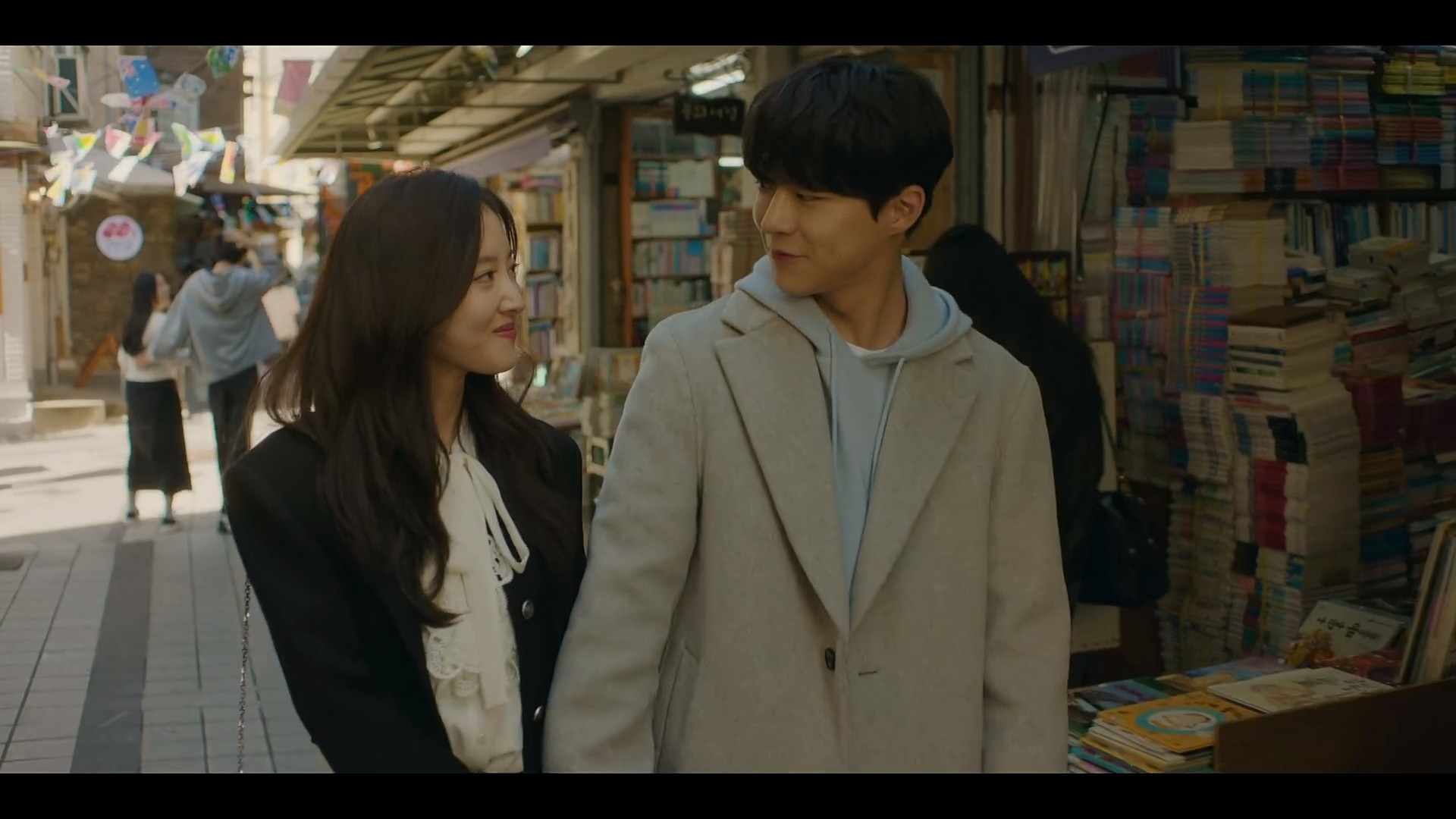
And as far as Yeon-woo’s fate in Joseon, it was equally anticlimactic and unnecessarily prolonged and bleak. What’s the point of returning to the past to save Tae-ha from being poisoned if Yeon-woo’s not going to reciprocate his affection and he’s just going to die anyway? Why prevent her own murder and spare her parents the tragedy of losing their only child if she’s going to jumped from a cliff and end her life again so she can return to 2023? Arguably, Yeon-woo’s greatest achievement upon returning to the past was her appeal to the king, but even that felt like an afterthought that was over overshadowed by her depressingly platonic relationship with Tae-ha.
In my opinion, if the writers weren’t going to give meaning to Yeon-woo’s return to the past, then they would have been better off using the “magic fixes all plot holes” bandaid to cure Tae-ha’s heart problem and keep Yeon-woo in the present. If Sa Wol can stay behind in 2023 and have her existence wiped from Joseon history, then Yeon-woo should have been able to do the same.
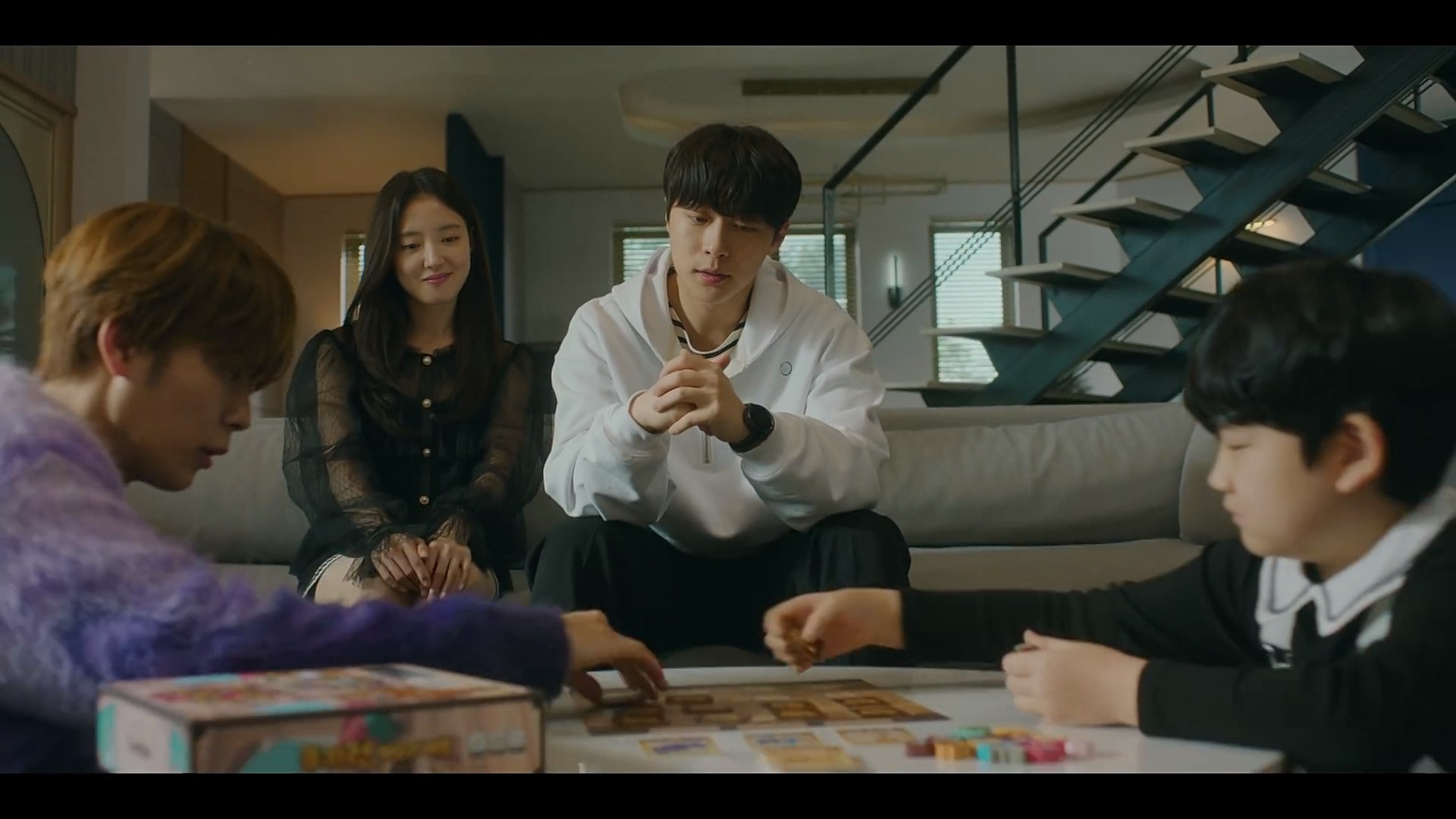
RELATED POSTS
[ad_2]
Source link